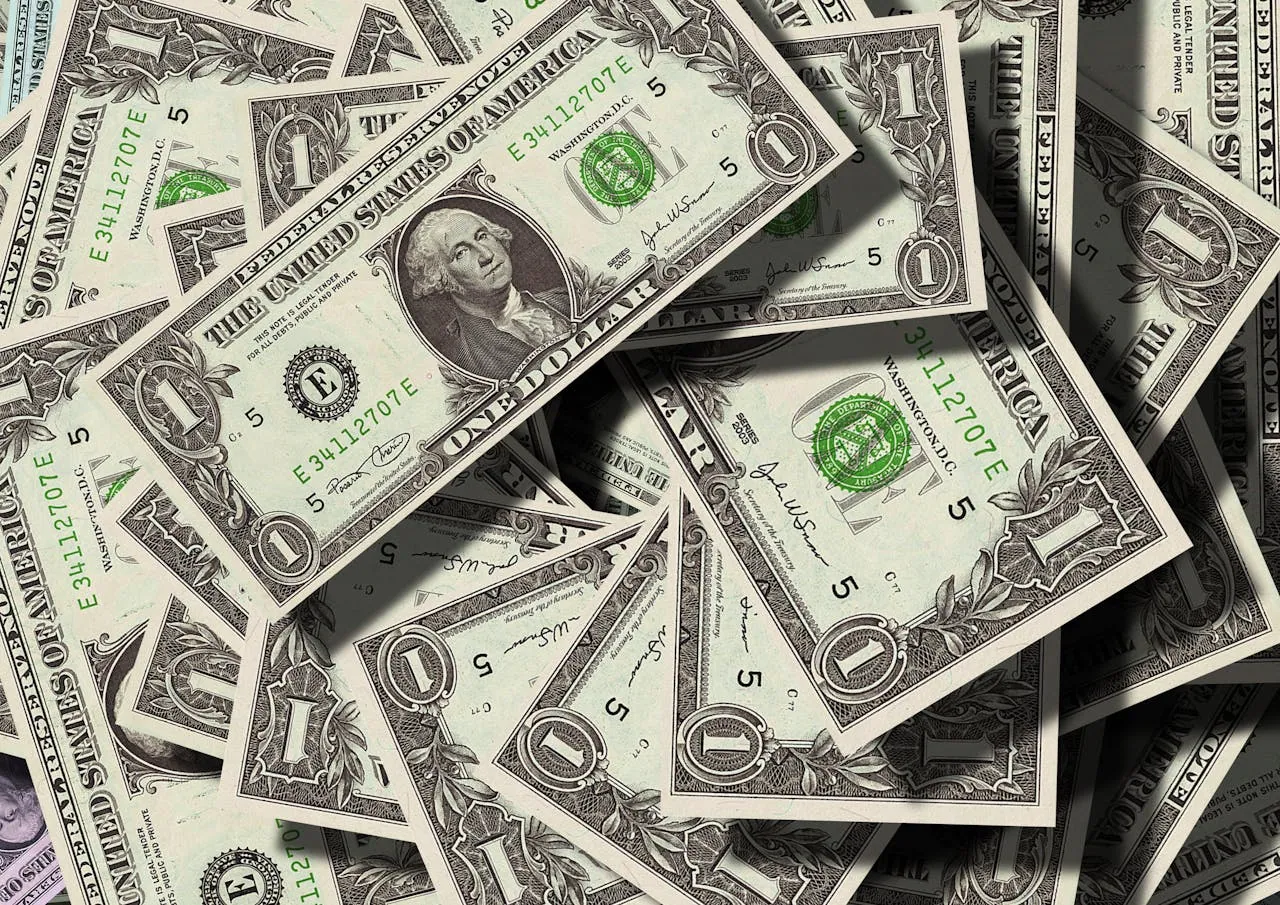European markets remained flat, and the U.S. dollar weakened, as investors braced for pivotal events, including the upcoming U.S. presidential election, a Federal Reserve rate decision, and a critical meeting of China’s National People’s Congress (NPC). The unfolding political and economic landscape has raised uncertainty and cast a shadow over financial markets. Additionally, crude oil prices rose as the OPEC+ group of oil-producing nations opted to delay an anticipated output hike.
U.S. Presidential Election and Its Economic Impact
The U.S. presidential race has taken on heightened significance for global markets due to the potential policy shifts expected under different candidates. Democratic candidate Kamala Harris and Republican incumbent Donald Trump were locked in a tight race, with opinion polls showing only marginal differences between them. On the eve of the election, Harris appeared to gain momentum, particularly in Iowa, where a recent poll gave her a surprising three-point lead over Trump. This boost, according to market analysts, was primarily due to her strong appeal among female voters, which has proven to be a decisive factor.
This election could have a profound influence on U.S. economic policies, which in turn could ripple across the global financial markets. Trump’s approach, characterized by aggressive tax cuts, tariffs, and a hard-line stance on immigration, is widely expected to drive inflation, increase bond yields, and strengthen the dollar in the medium term. Conversely, Harris is seen by many as a continuity candidate whose policies are less likely to disrupt economic equilibrium. The differing platforms of the candidates have added a layer of uncertainty, leading to cautious moves among investors as they await the final results, which may take days to fully clarify due to a potentially drawn-out vote-counting process.
Market Reactions in Currency and Equities
On the foreign exchange front, the dollar struggled, weakening against multiple major currencies as investors adjusted their portfolios in anticipation of potential political and economic shifts. The dollar index, which measures the greenback against a basket of six currencies, dropped by 0.3% to a reading of 103.63. Specifically, the dollar declined by 0.6% against the euro, settling at $1.090, and similarly weakened against the Japanese yen, dropping 0.6% to 152.11. In the onshore market, the dollar fell by 0.5% against China’s yuan. Analysts attributed the dollar’s decline partially to the poll results indicating Harris’s edge in Iowa, as her potential victory is perceived to signal stability rather than drastic policy changes.
European markets reflected a more neutral stance, with the STOXX Europe 600 index showing little movement. In contrast, British stocks, represented by the FTSE 100, gained 0.4%, marking it as the outlier among European shares. Meanwhile, in the U.S., Wall Street futures hinted at modest gains, with Nasdaq futures rising by 0.2% and S&P 500 futures inching up by 0.1%. However, with the outcome of the election still uncertain, analysts believe that significant market movements will likely emerge only once a clear winner is announced and the policy direction of the U.S. becomes more predictable.
According to Deutsche Bank analysts, the election is set to “shape the direction of the world economy and geopolitics for the next four years.” They noted the “large degree of uncertainty” surrounding both the presidential and congressional races, emphasizing that the tight competition in the House of Representatives could complicate the speed and extent of policy implementation even after the presidential outcome is decided.
U.S. Federal Reserve Decision and Bond Market Trends
Adding to the economic calendar, the Federal Reserve is expected to announce its latest decision on interest rates later this week. The Fed has signaled that it may lower interest rates, a move aimed at counteracting any economic slowdown, particularly as inflation pressures persist. The central bank’s decision is anticipated to have a direct impact on U.S. Treasury yields, which dropped on Monday as investors sought safety in government bonds. The yield on the 10-year Treasury note fell by 5.6 basis points to 4.30%, reflecting investor sentiment favoring safe-haven assets amid the looming election uncertainty.
The decision from the Fed, combined with the election outcome, could lead to significant adjustments in both bond and equity markets, as a change in interest rates would influence borrowing costs, consumer spending, and overall economic growth. Some analysts predict that the Fed’s rate cut, if enacted, could provide a short-term boost to the equity markets, even as it places additional downward pressure on the dollar.
China’s NPC Meeting and Global Economic Implications
In addition to the U.S.-centered events, the National People’s Congress in China is set to meet this week. The NPC meeting, an annual event that outlines China’s economic and social policies, could have implications for global trade and commodity markets. With the Chinese economy experiencing slowing growth, the NPC may unveil measures aimed at bolstering domestic demand and stabilizing trade relations, which could, in turn, support emerging markets and Asia-Pacific stocks. On Monday, MSCI’s broadest index of Asia-Pacific shares, excluding Japan, rose 0.6%, bouncing back after hitting a five-week low on Friday.
OPEC+ and Oil Market Developments
The oil market reacted positively on Monday after OPEC+ decided to delay a planned increase in oil production. The delay in output expansion, likely due to the uncertainty surrounding global demand and potential disruptions from the U.S. election and China’s economic policies, supported oil prices. The market expects that restrained supply from OPEC+ could stabilize prices in the short term, even as other economic factors remain fluid.






